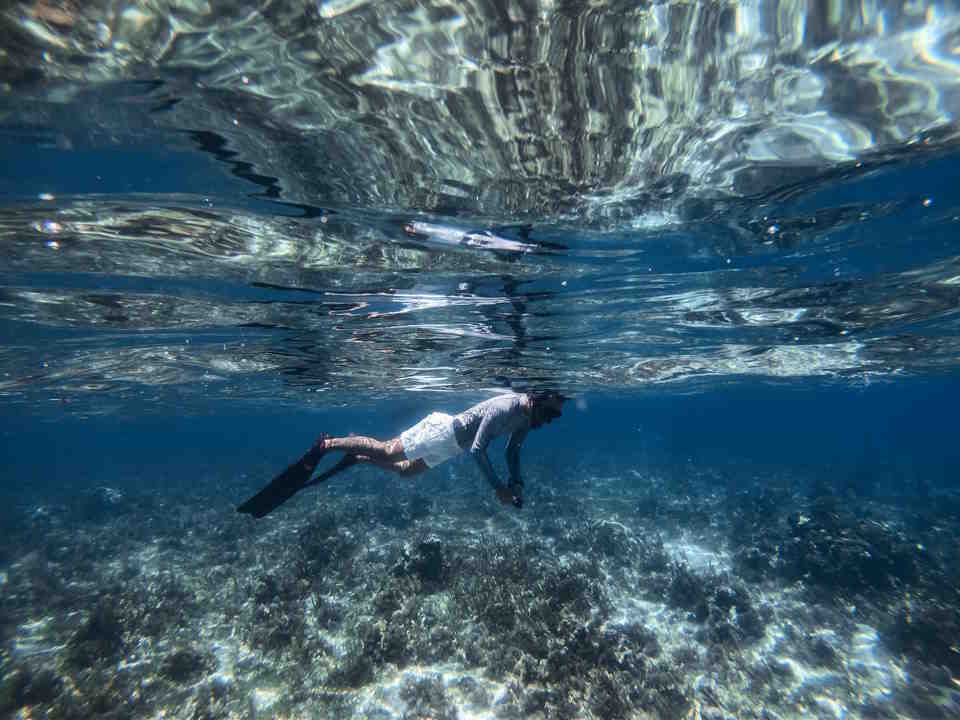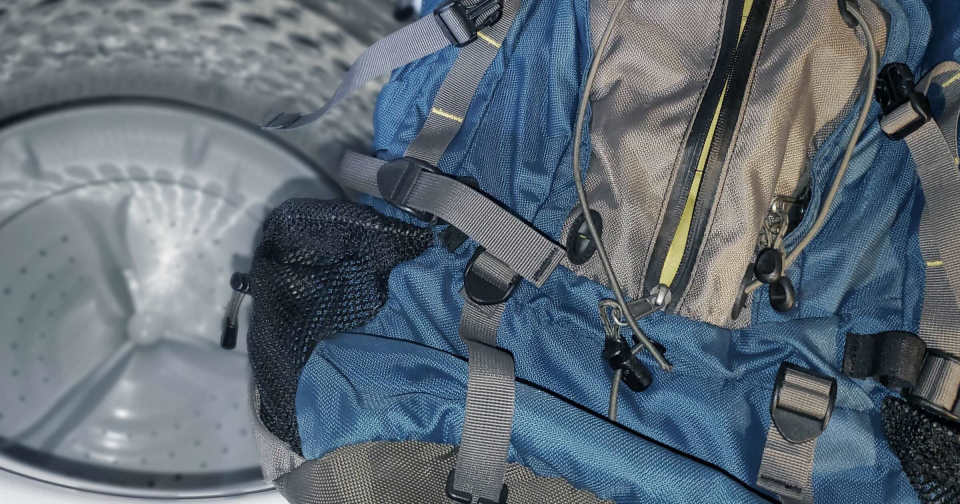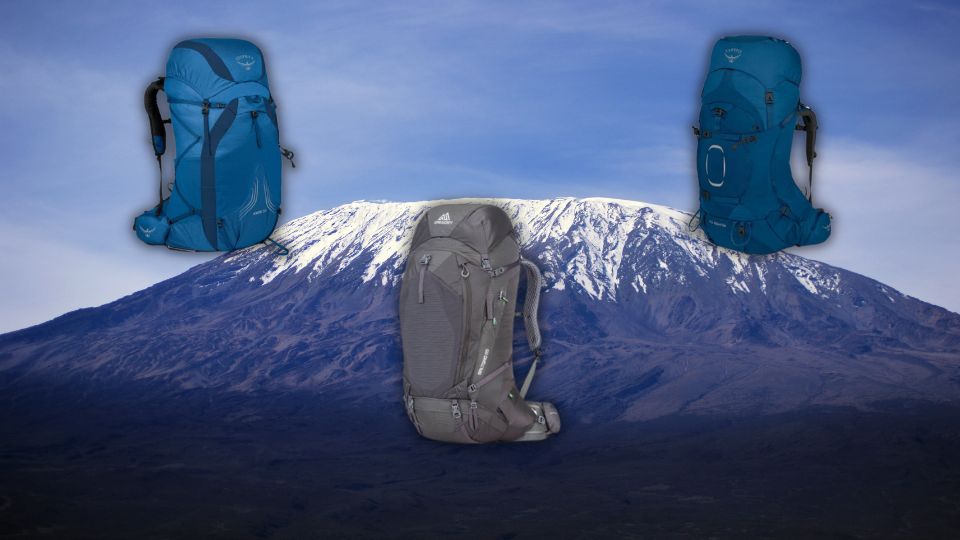Snorkeling is an incredibly fun and enjoyable activity that allows you to explore the beautiful underwater world without having to dive too deep. However, many people wonder about the risks and dangers associated with snorkeling. The truth is that like any water activity, snorkeling does come with some level of risk. Nonetheless, with proper preparation and careful consideration, snorkeling can be a safe and accessible activity for people of all swimming abilities. We’ll dive into the common questions and concerns surrounding snorkeling to give you a better understanding of what to expect and how to stay safe.
Introduction
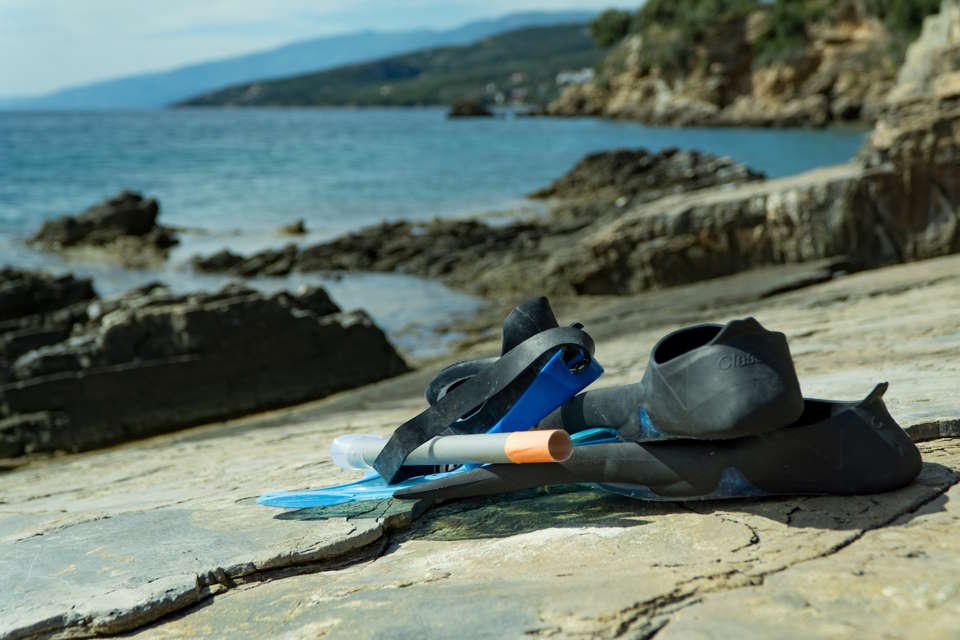
Snorkeling is undoubtedly one of the most popular water activities around the world. It is a unique and exciting way to explore underwater life with minimum effort and skill. But what about snorkeling safety? Many people ask, Is Snorkeling Dangerous?
Like most water-based activities, there are risks involved in snorkeling, but the dangers can be minimized by following proper precautions. In fact, snorkeling is considered to be a safe activity for people of all ages and swimming abilities.
One of the most important things to keep in mind is to always go snorkeling with a buddy. This ensures that you can support each other in case of any emergencies. Additionally, make sure you are aware of the weather and water conditions before you start snorkeling. Some areas might have strong currents, high waves, or low visibility, which can be dangerous for anyone in the water.
- It is also recommended that you wear appropriate snorkeling gear such as a mask, fins, and a snorkel.
- Test your gear before getting into the water and make sure it fits properly.
- If you are a beginner, start by practicing in shallow water where you can stand up and get used to breathing through your snorkel.
- Remember to not touch, chase, or harass marine life while snorkeling as it could be dangerous for both you and the animals.
What Is the Risk of Snorkeling?
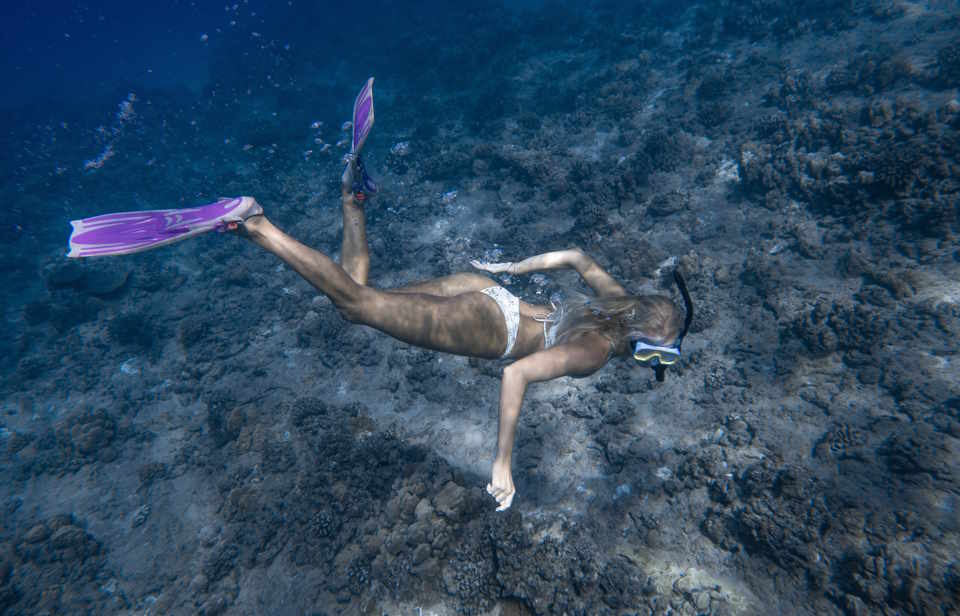
Snorkeling is one of the most popular underwater activities in the world. From discovering vibrant coral reefs to swimming with exotic marine creatures, it’s no surprise that millions of people love it. But, is snorkeling risky? Let’s take a closer look at the risks and what you can do to stay safe.
Firstly, it’s important to understand the potential risks of snorkeling. While it may seem like a harmless activity, there are a few dangers that come with snorkeling. The biggest of these risks is drowning. This may sound extreme, but it can happen if you’re not careful. When snorkeling, it’s crucial to keep a close eye on your surroundings and stay aware of your breathing.
- Another common risk of snorkeling is getting stung or bitten by marine creatures.
- In addition, strong currents or unexpected weather conditions can also pose a significant risk to snorkelers.
- Last but not least, the equipment you use can also increase the risk of accidents. Poor quality masks, fins, and snorkels can cause issues, such as water leakage and discomfort.
So, how can you minimize the risks of snorkeling? Firstly, ensure that you have the right equipment, including a well-fitted mask, snorkel, and fins.
- Choose a good quality snorkel set that fits comfortably.
- Study the environment before you go into the water so you can be aware of any potential hazards, such as currents, waves, or marine life.
- Always stay within your comfort and skill level. If you’re a beginner, stay in shallow waters.
- Always snorkel with a buddy. Don’t go alone as it’s important to have someone present if you need any help.
- Finally, stay aware of your surroundings and do not snorkel in restricted areas and channels.
Is Snorkeling Safe for Beginners?
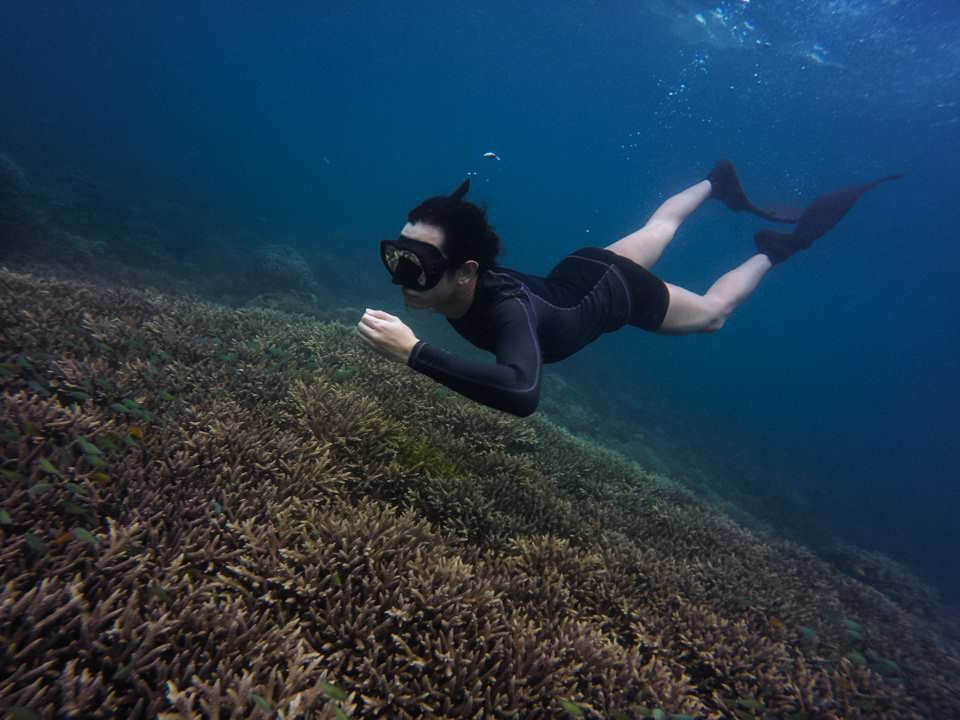
Snorkeling is a perfect way to explore the underwater world. It’s easy, fun, and doesn’t require any special training. However, if you’ve never done it before, you might be wondering if snorkeling is safe for beginners. The answer is yes, snorkeling is safe for beginners as long as you follow some simple guidelines.
Firstly, it is important to choose a suitable location for snorkeling. Look for calm waters with good visibility, and avoid areas with strong currents or waves. If you’re not sure where to go, ask for recommendations from the locals or tour guides.
- Choose a suitable location with calm waters and good visibility.
- Avoid areas with strong currents or waves.
- Ask for recommendations from locals or tour guides.
Secondly, wear proper snorkeling gear and make sure it fits well. A well-fitted mask and snorkel will prevent water from entering your nose and eyes, and fins will help you swim more efficiently. You can rent the equipment from the dive shop or tour operator, or buy your own if you plan on snorkeling frequently.
- Wear proper snorkeling gear, including a well-fitted mask and snorkel.
- Fins will help you swim more efficiently.
- You can rent equipment from the dive shop or tour operator.

Lastly, always snorkel with a buddy and stay within your comfort zone. If you’re not a strong swimmer, stay close to the shore or wear a life vest. Don’t push yourself too hard, and remember to take breaks if you feel tired or out of breath. Snorkeling should be a relaxing and enjoyable activity, so take your time and enjoy the beauty of the underwater world.
| Guidelines for Safe Snorkeling: | |
|---|---|
| Choose a suitable location with calm waters and good visibility. | Always snorkel with a buddy and stay within your comfort zone. |
| Avoid areas with strong currents or waves. | |
| Ask for recommendations from locals or tour guides. | |
| Wear proper snorkeling gear, including a well-fitted mask and snorkel. | Don’t push yourself too hard, and remember to take breaks if you feel tired or out of breath. |
| Fins will help you swim more efficiently. | If you’re not a strong swimmer, stay close to the shore or wear a life vest. |
| You can rent equipment from the dive shop or tour operator. | Snorkeling should be a relaxing and enjoyable activity, so take your time and enjoy the beauty of the underwater world. |
Is Snorkeling Dangerous for Non-swimmers?
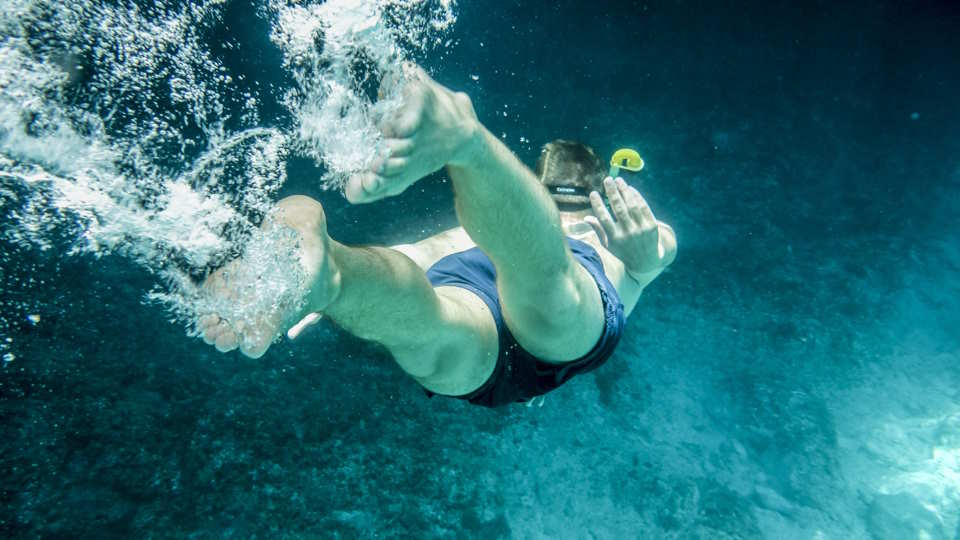
Snorkeling is a fun activity that allows people to explore the underwater world without having to dive too deep. However, it’s not uncommon for people who are not confident swimmers to feel anxious about going for a snorkel. It begs the question; is snorkeling dangerous for non-swimmers?
The answer is not a straight yes or no. While snorkeling itself is not inherently dangerous, there are risks involved, especially for non-swimmers. One of the biggest risks is drowning. Non-swimmers may panic if they find themselves in deep water, especially if they are not used to wearing a snorkel mask and breathing through a snorkel. They may also tire easily and struggle to keep themselves afloat.
- Additionally, non-swimmers may not have the necessary skills to navigate currents or avoid dangerous marine life. They may inadvertently touch or damage the coral reefs, which can harm the environment and even cause injury.
- That said, it’s not all doom and gloom for non-swimmers who want to try snorkeling. There are plenty of ways to make the experience safer and more enjoyable. For example, non-swimmers should always snorkel with a buddy who is a strong swimmer and able to keep an eye on them. They can also use a flotation device such as a life jacket or a noodle to help them stay afloat.
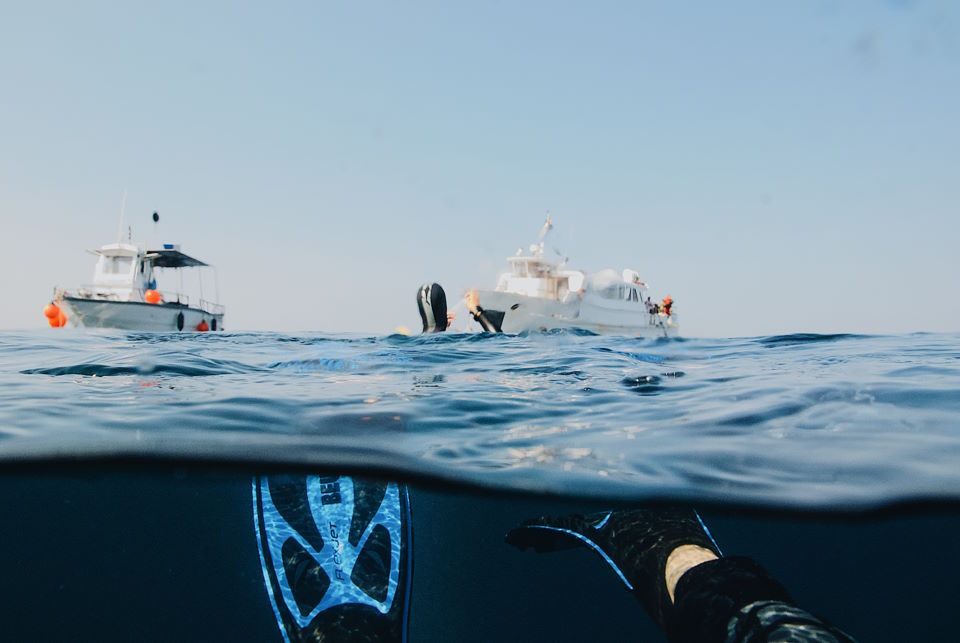
It’s also a good idea for non-swimmers to start off in shallow, calm waters and gradually build up their confidence before attempting deeper areas. It’s important to remember that snorkeling is not a race or a competition, and there’s no shame in taking it slow.
| Who Should Not Snorkel? | |
|---|---|
| People with medical conditions such as heart problems, asthma, or epilepsy that could be triggered or worsened by physical exertion. | |
| Pregnant women, as snorkeling can increase the risk of decompression sickness. | |
| People with severe anxiety or panic disorder, as the activity can be overwhelming and trigger anxiety attacks. |
Who Should Not Do Snorkeling?
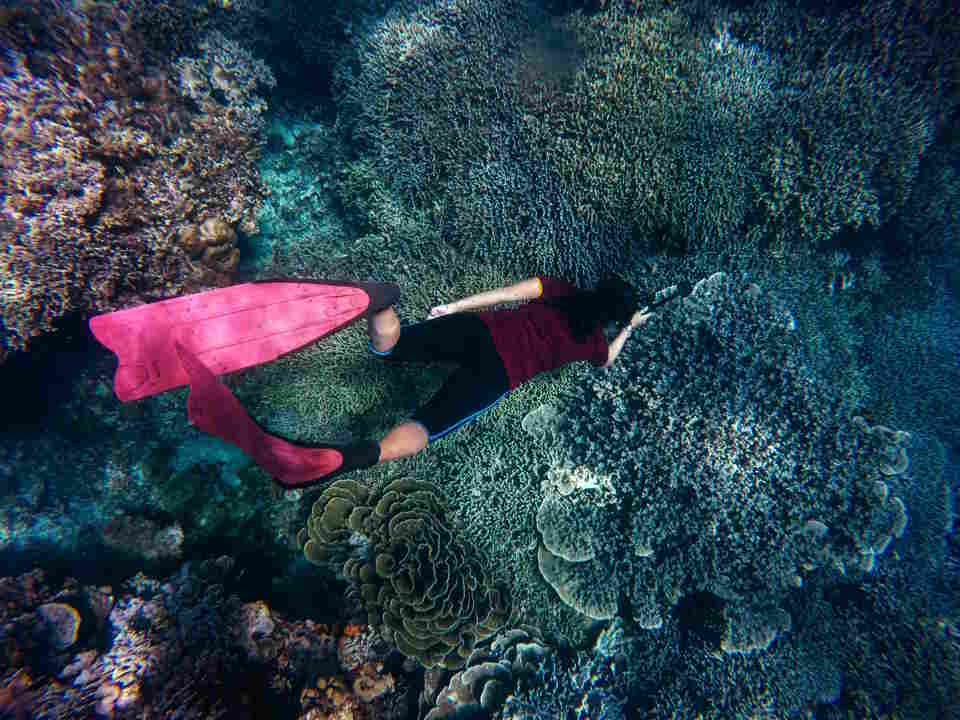
Snorkeling is an adventure activity loved by many. But before indulging in this activity, one needs to understand the safety aspects of it. Snorkeling can be dangerous for certain types of people. Hence, it is important to know the group of people who should avoid snorkeling.
Pregnant Women: Snorkeling should be avoided by pregnant women, especially during the first and third trimester. The change in pressure underwater can be harmful to the developing fetus. Additionally, the exertion and excitement involved in snorkeling can increase the risk of premature labor.
Elderly People: Snorkeling can be strenuous on the body, requiring a certain level of fitness. Elderly people may struggle with the rigors of snorkeling, which can lead to exhaustion, dizziness, or even heart attacks. If you are elderly, it’s best to consult your doctor before attempting snorkeling.
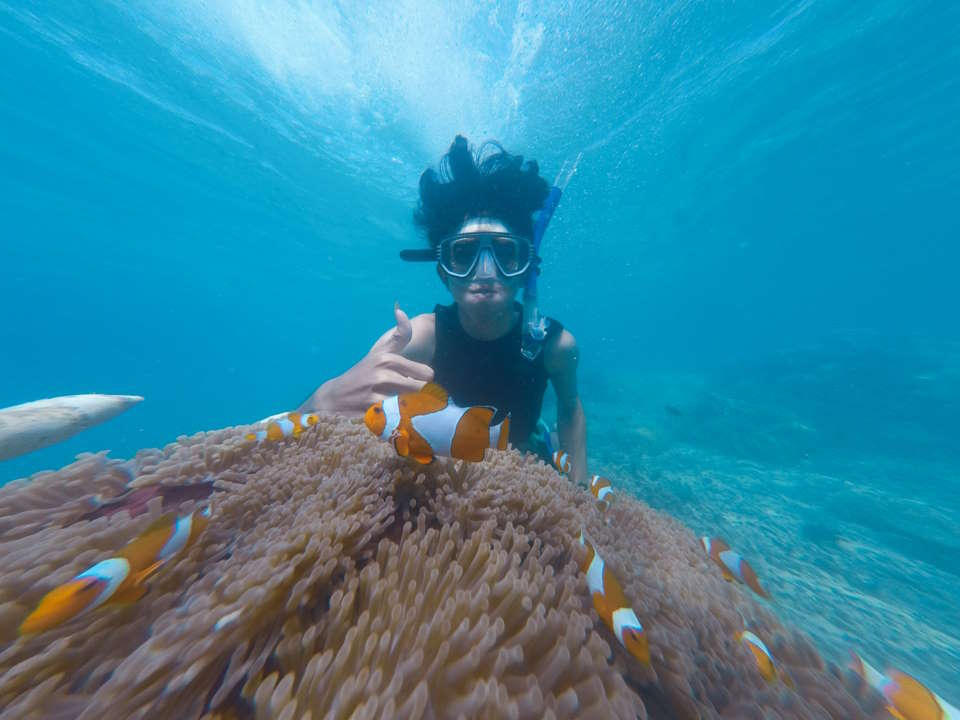
People with respiratory or heart problems: Underwater snorkeling requires holding one’s breath and exerting oneself physically. People with respiratory or heart problems (such as asthma, bronchitis, heart disease, etc.) should avoid snorkeling as they may struggle with the breathing and exertion involved. If in doubt, it’s best to consult a doctor before attempting snorkeling.
People with Ear Problems: Ear problems such as infections, ruptured eardrums, or surgeries should avoid snorkeling. The change in pressure from being underwater can cause severe pain and further damage to the ears. It’s best to consult an ear specialist before engaging in water activities like snorkeling.
Always consider your physical conditions and medical histories before snorkeling. If you fall in any of the categories mentioned above, it’s better to stay safe and avoid snorkeling. Meanwhile, if you are comfortable with snorkeling, ensure you take all necessary precautions, such as using the right gear and staying with the group. Stay safe and enjoy the beauty of the underwater world!
Is Snorkeling Safer Than Diving?
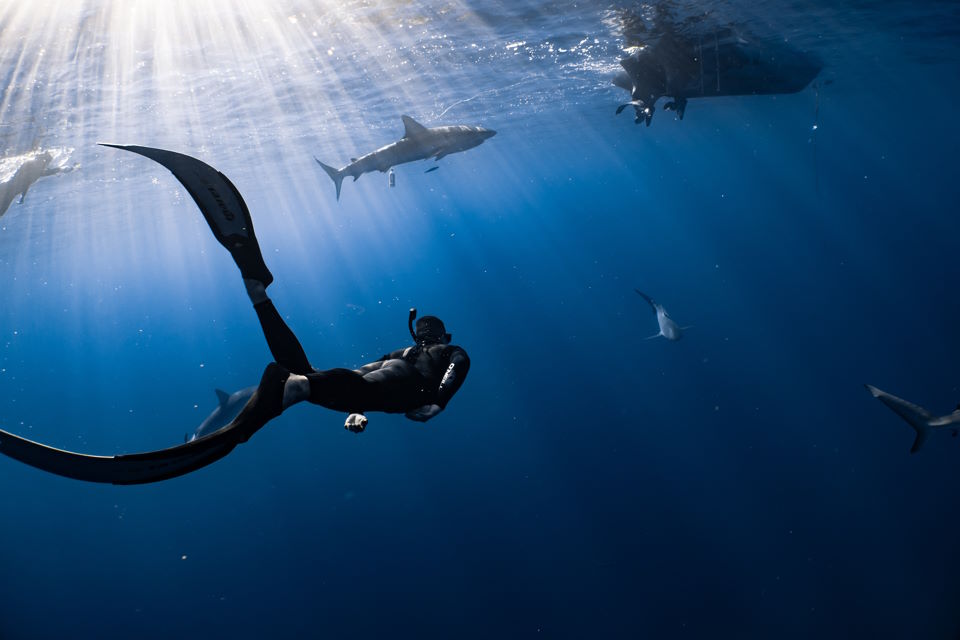
When it comes to exploring underwater world, many people tend to opt for snorkeling over diving due to various reasons such as lower cost, less equipment, and less strict certification requirements. However, the question of whether snorkeling is safer than diving still arises. While both activities involve being in water and breathing through a tube, there are significant differences that make snorkeling relatively safer than diving.
- Firstly, diving requires more training and certification than snorkeling. While snorkeling only requires basic swimming skills and a short training session, diving requires rigorous training, certifications, and experience. Divers need to master critical skills such as controlling buoyancy, underwater navigation, equipment handling, and emergency procedures. Therefore, there are higher chances of accidents and injuries in diving due to insufficient training and wrong usage of equipment.
- Secondly, diving involves going deeper into the water than snorkeling. While divers can submerge themselves up to hundreds of feet below water surface, snorkelers usually stay at the surface with a maximum depth of around 10-15 feet. This makes snorkeling safer than diving as there are fewer risks of decompression sickness, nitrogen narcosis, and other health concerns related to deep dives.
- Moreover, snorkeling is generally done in clear and calm shallow waters, which poses fewer dangers than deep and murky waters that divers frequently encounter. Snorkelers can easily return to the surface and get help in case of any emergency, while divers may need specialized rescue gear and advanced procedures in case of emergencies like decompression sickness or equipment failure.

In conclusion, while both snorkeling and diving have their own unique beauties and risks, snorkeling is comparatively safer than diving due to lower risks of accidents, shallower depths, and lesser requirements of training and equipment. However, it’s still important to take essential safety measures such as wearing a life jacket, snorkeling with a buddy, staying close to the shore, and avoiding snorkeling in unsafe weather conditions and areas with strong currents. With proper precautions and respect for the environment, both snorkeling and diving can be enjoyable and fulfilling experiences for all levels of swimmers and explorers.

